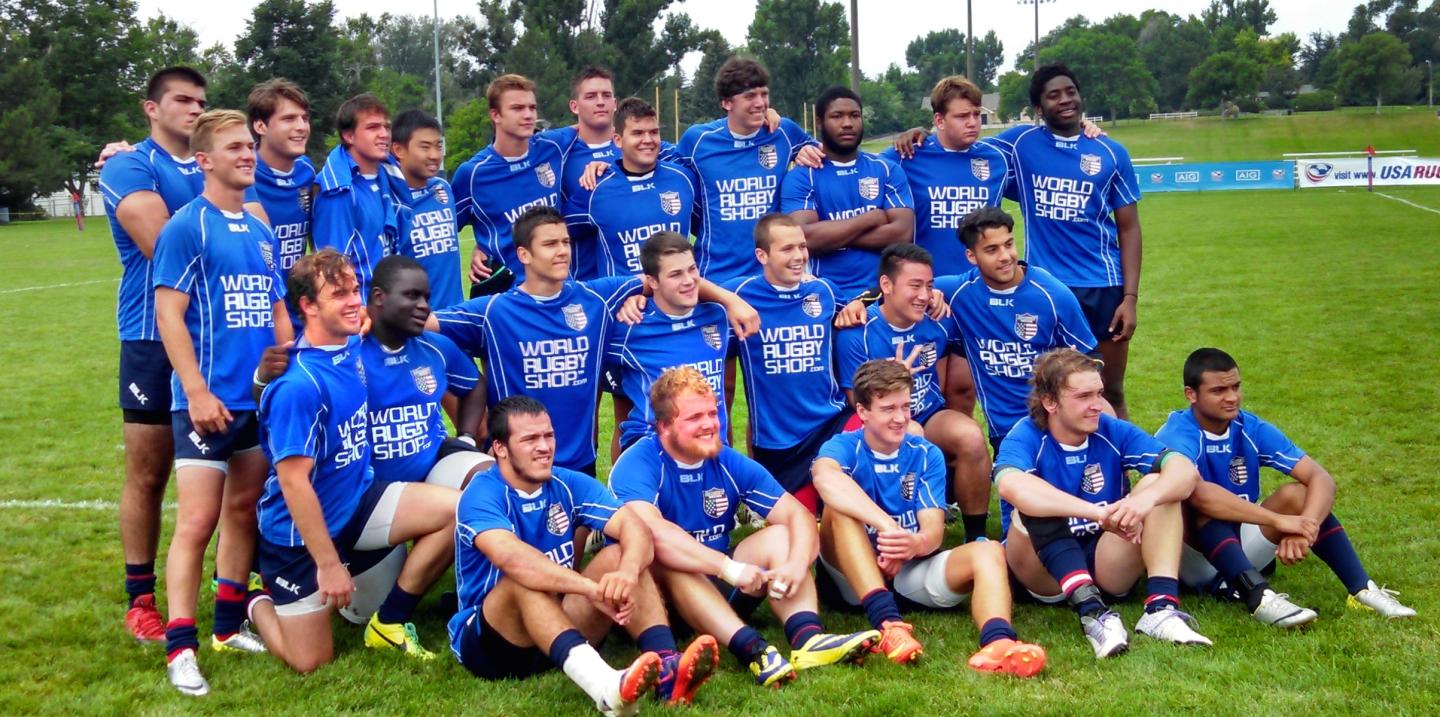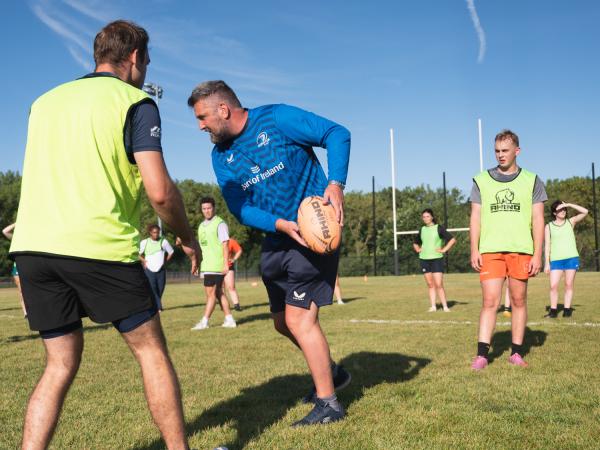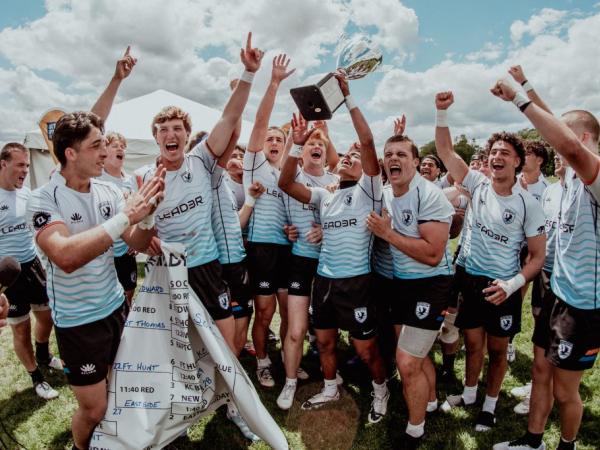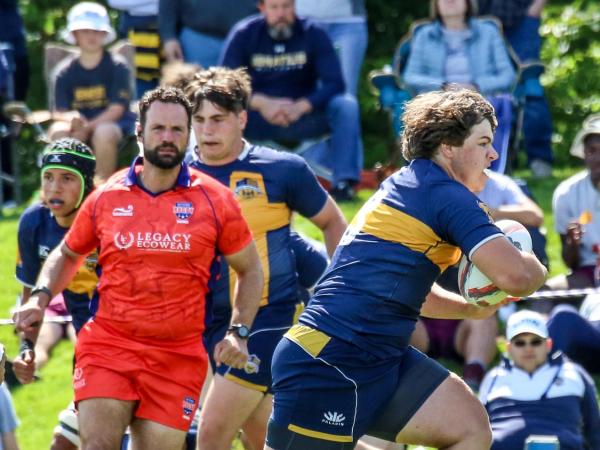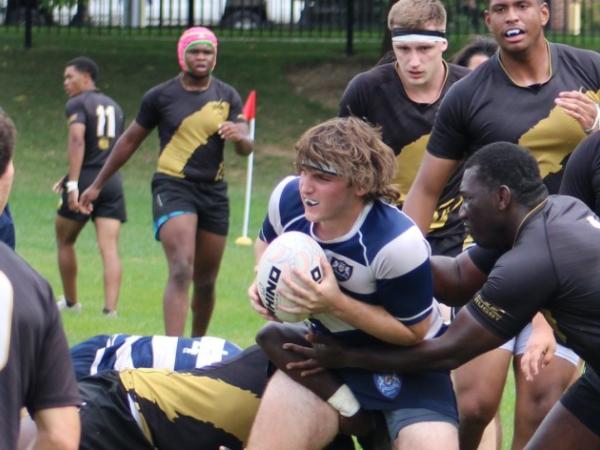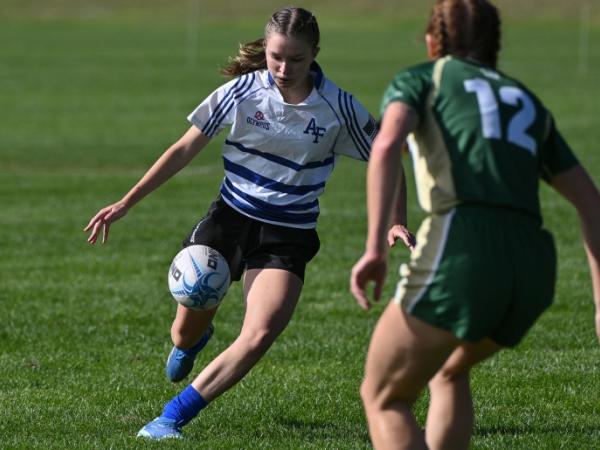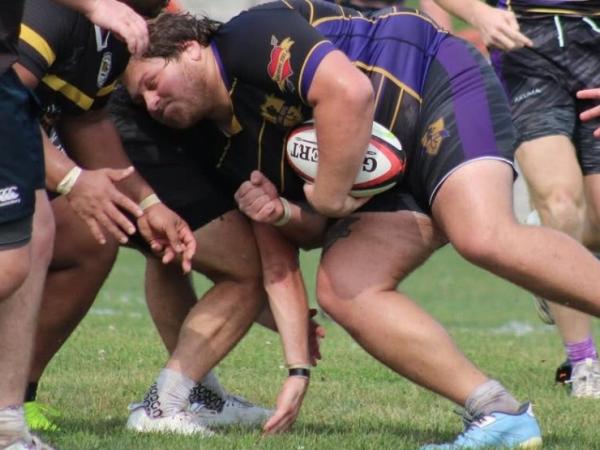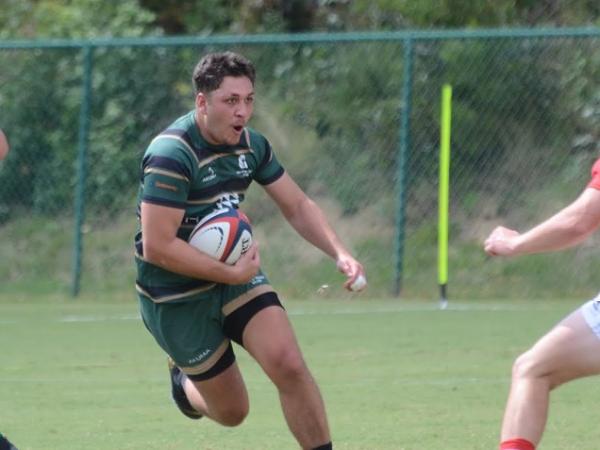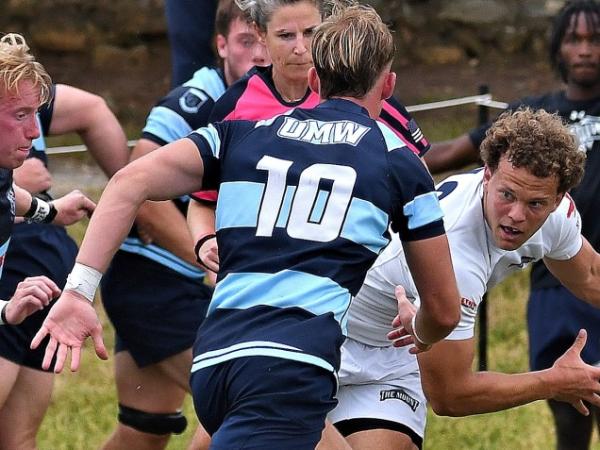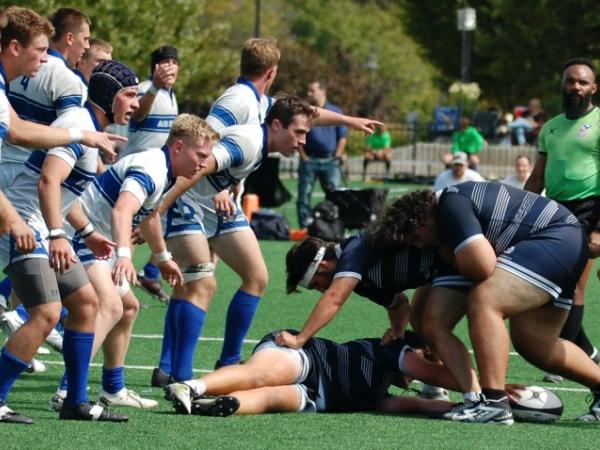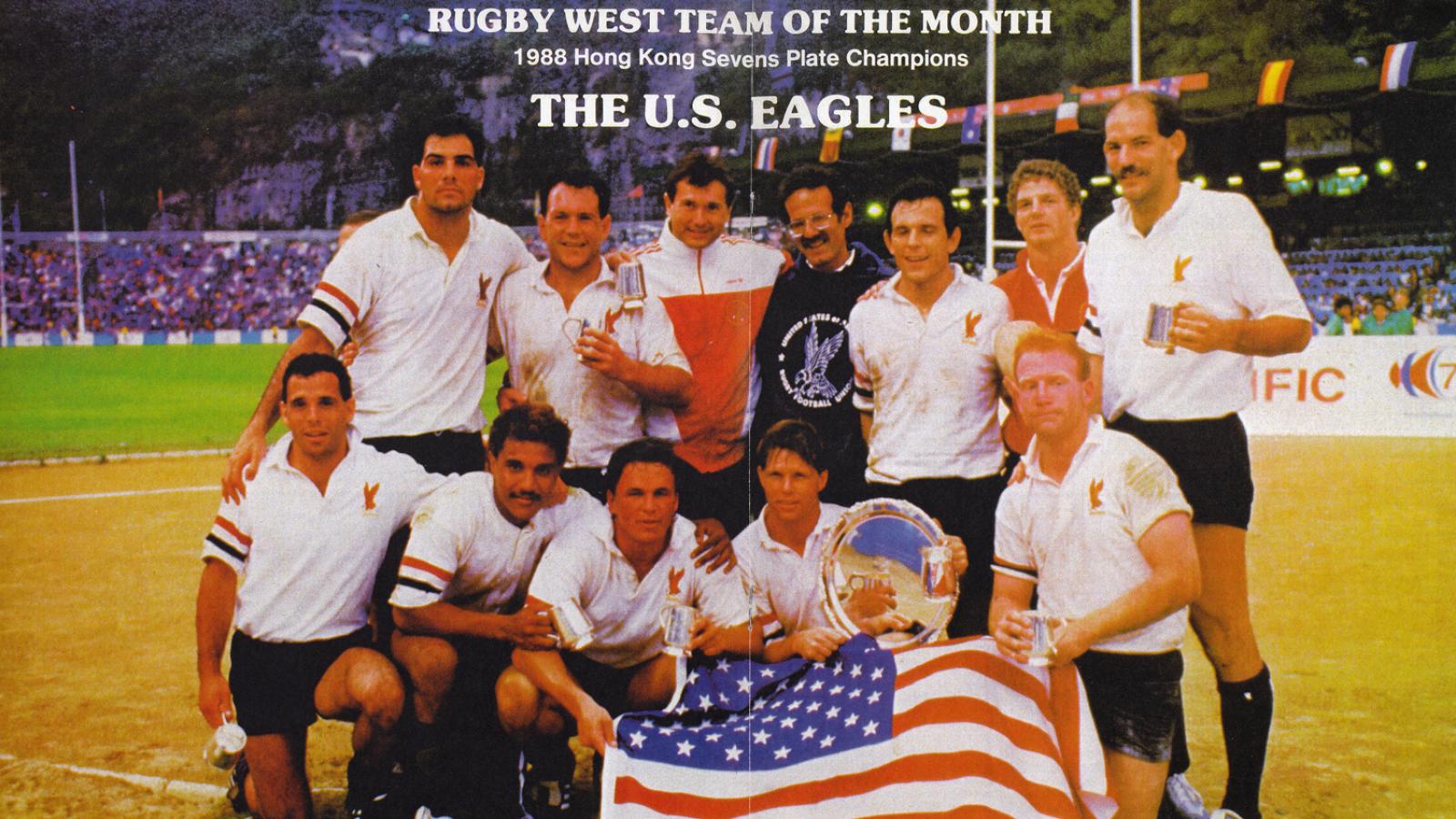USA Rugby Youth & HS Director Kurt Weaver spoke with Goff Rugby Report to rebut assertions in the article we published here about the High School Boys Issue of 2014.
The article said that USA Rugby was backing away from high school rugby (as evidenced by the lack of a national championship, and the fact that Regional All-Star Tournaments were developed at a grassroots level, and supported minimally), and in addition, the article asserted that some in the game are unhappy with the execution of a welcome move by USA Rugby - to create a Varsity membership track that charged a $250 flat fee for varsity programs. The bar to get varsity status was too high, said sources.
But, said Weaver, that assessment is too simplistic, and often not correct.
“We are so more involved today in high school rugby five years ago than,” said Weaver. “All of our new development is being decentralized into the State-Based Organizations. So, with a few exceptions, it’s never going to be me calling a player or a coach, it’s going to be USA Rugby engaging with the states who are doing the work.”
In 2014, said Weaver, $250,000 in grants went out to state organizations “to hire people to administer the game at the high school and youth level. They match that money dollar-for-dollar, so there’s $500,000 in payroll going out into American rugby to administer teams, leagues, and get more kids playing.”
That $250,000 comes directly from dues.
SBROs have to apply for these grants, so those that missed the memo or aren’t as organized have not received part of those grants. They aren’t one-time things, however.
“[The grants] will likely go up every year because staff on the ground is our number one priority,” said Weaver.
USA Rugby does not back a national championship, but Weaver added that there were specific reasons for that move. Chiefly, Weaver and USA Rugby want high school rugby to move to a single-school competition everywhere. Clubs would then morph into traveling all-star teams. A May national championship, said Weaver, just gets in the way of the school season.
“I have told [Gonzaga Director of Rugby] Lee Kelly that if they moved the NIT to Easter or June, I’d support it tomorrow, but right now it’s in the high school window,” said Weaver. What USA Rugby wants, and is supporting, is a single-school season from March 1 to May 31, with club/all-star play from May into July, with the Stars & Stripes week finishing up the season.
The traveling clubs would then play in what used to be called the Regional All-Star Tournaments, and are now being called Regional Cup Tournaments (these are up for hosting bids, see here). Weaver said we're already seeing all-star tournaments featuring academy teams and other teams based on regions smaller than one state.
Those tournaments are where USA Rugby is investing resources - national panel referees going to each one to instruct and mentor refs - employees - USA Rugby staffmembers going to each tournament to do whatever work is needed - and, this year, money.
“There is only one pathway to the High School All Americans, and it’s from the regional tournaments,” said Weaver. “And we heavily support it.”
Add the resources spent on the Stars & Stripes week, and the regional all-star (or cup) tournaments, and the total value, said Weaver, is about $100,000 - about three times that spent on national championship tournaments.
“The vote to remove the high school national championships wasn’t done in a bubble,” said Weaver. “It was more about how can we use our time energy and money better and more strategically to increase the capacity of SBOs to do more for themselves?"As for the Varsity dues process (see more on this here and here), Weaver said the displeasure voiced by some coaches shouldn't be directed at USA Rugby. First off, it's the SBROs who were supposed to communicate the new program to teams. Some did a better job than others. USA Rugby, Weaver acknowledged, could have bolstered the publicity on their end, but chose not to. But, he added, the new dues program doesn't change anything about how teams have been operating for years."The upset that they are feeling is about an issue where, if they don’t qualify for Varsity dues status, then they are just going to register normally, as they have been for years," said Weaver. "I understand that there is frustration. But are you really upset, or is it something new that doesn’t apply to you right now?"





